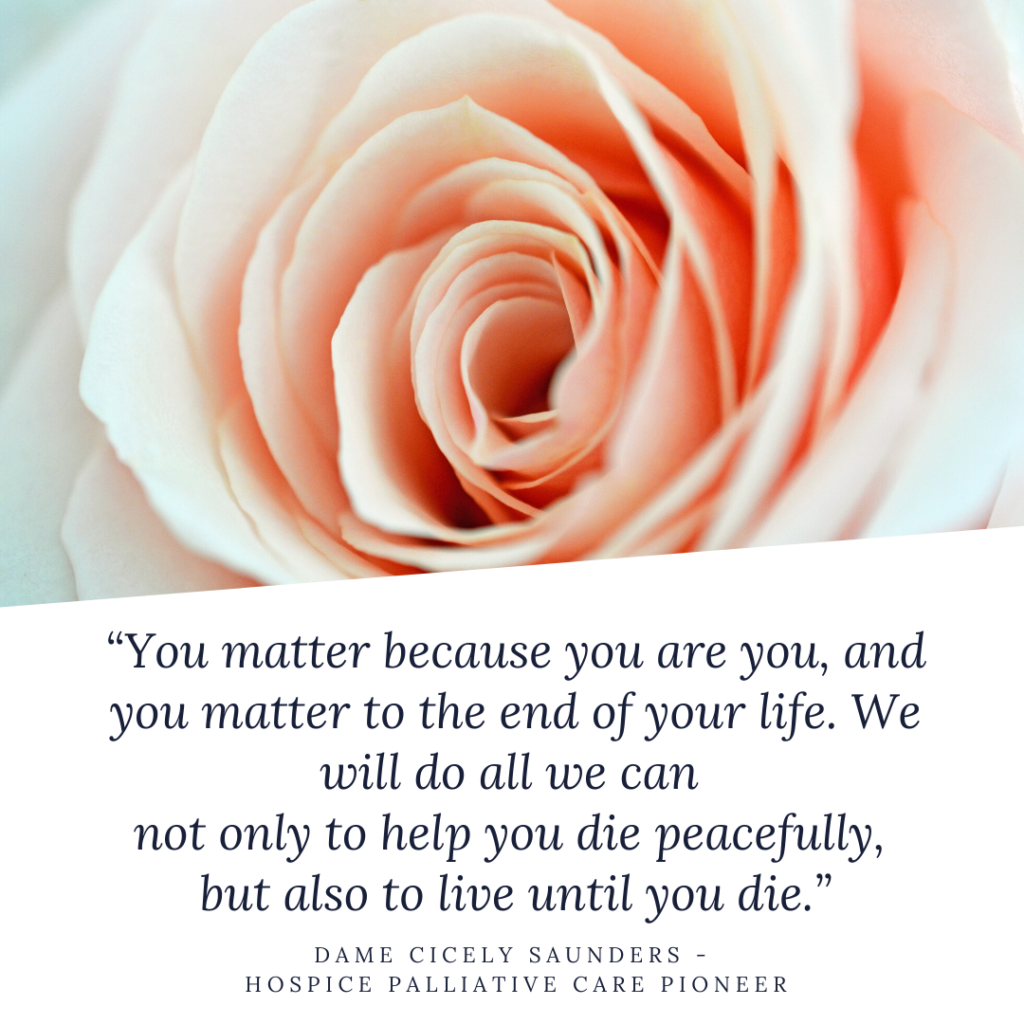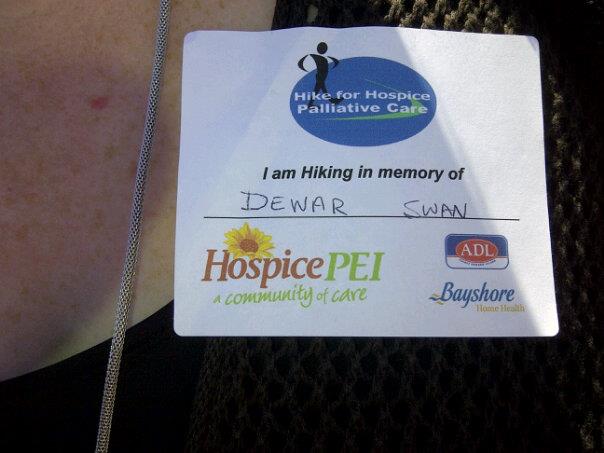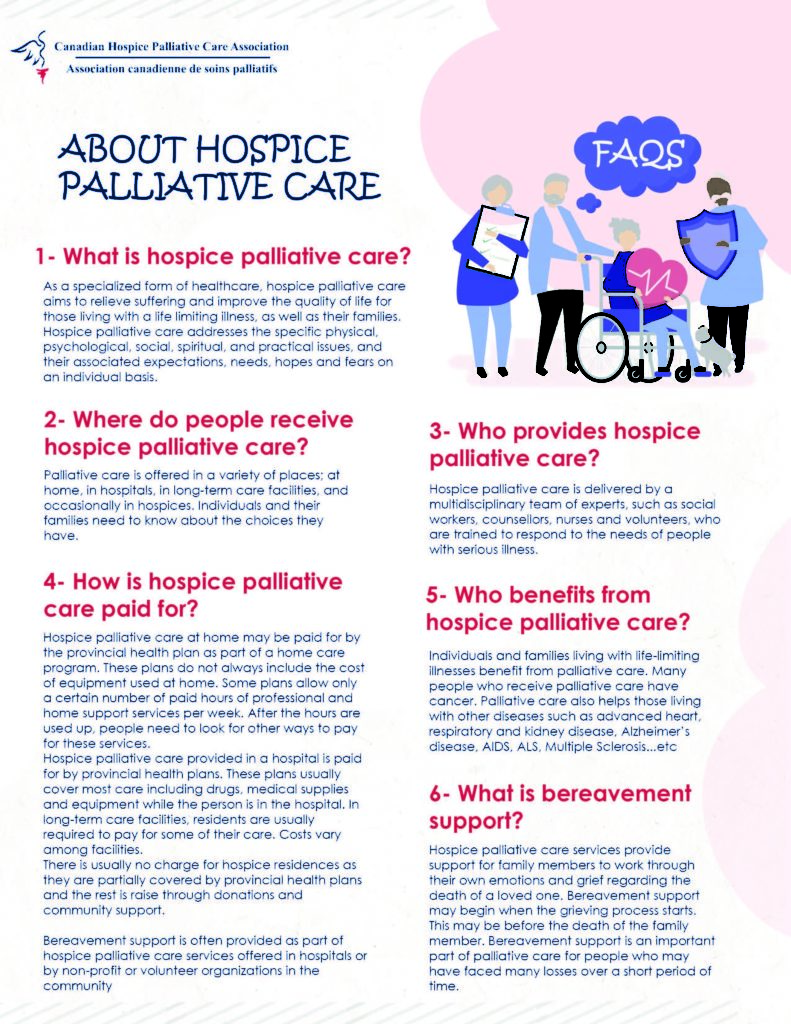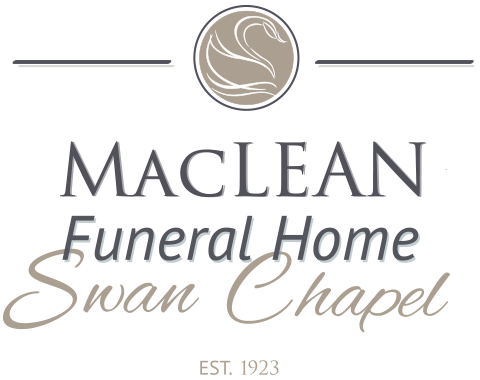Observing Hospice Palliative Care Week
It’s National Hospice Palliative Care Week in Canada. The theme 2020 is “Let’s bust the myths about Hospice Palliative Care!” There are so many myths that exist about dying, death and bereavement.
Debunking myths
Some of the big myths include: hospice palliative care can only be provided in specialized settings, receiving palliative care means death is imminent, children need to be protected from death and dying, and the list goes on.

As you may have guessed, the above are simply not true. We have long been advocates in supporting and guiding children through death and loss experiences. It is necessary to provide age-appropriate information. We need to be truthful in our responses, and provide an opportunity for conversation.
Palliative care is a holistic approach. It includes pain and symptom management, caregiver support, emotional and spiritual care, and much more. Hospice palliative care is about having the best quality of life for however long life remains.
Hospice palliative care can be provided in a multitude of settings – one’s home, hospital, the Provincial Palliative Care Centre, long-term care – it is provided wherever the individual is.
History of Palliative Care in Canada
In 1975, Canadian physician Dr. Balfour Mount coined the term ‘palliative care’ as it is currently used. In 1991, a national body was established, then called the Canadian Palliative Care Association and presently known as the Canadian Hospice Palliative Care Association (CHPCA).
The Canadian Hospice Palliative Care Association, other champions and advocates have shaped a way forward in the development of hospice palliative care in the country. These efforts continue to ensure equitable access to services, caregiver support – including the development of the Compassionate Care Benefit, and other resources.
Hospice Palliative Care takes root on PEI
The hospice palliative care movement began on PEI in the late 1970’s and continues to grow evolve.
In 1985, the Island Hospice Association (now known as Hospice PEI) was founded. The book, “I Know an Angel: The First 25 Years of Hospice Palliative Care in PEI” was written in 2010 by Eleanor Davies and offers insight into the growth of hospice on PEI.
There are local organizations in Eastern Kings and Southern Queens and Kings that support individuals and families, coupled with the work of Hospice PEI that stretches from tip to tip.
Other milestones include the opening of PEI’s first free standing centre in 2015. The Provincial Palliative Care Centre is located on Murchison Lane in Charlottetown.
Our experience
Like most other Island families, we’ve had a personal experience with the hospice palliative care program. In 1988, Allison’s father was diagnosed with a brain tumour. He spent over a month at the Moncton Hospital, before being transferred to the Queen Elizabeth Hospital, where he underwent radiation treatment. He spent his final summer at home in York, enjoying the garden and drives to the North Shore.

Before winter arrived, it was decided he and Grace would move to town to be closer to the hospital. A few weeks before his death, he moved to the Dr. Eric Found Centre (located on McGill Avenue), where the palliative care program was delivered. His wife, children, grandchildren, extended family and friends spent time with him and witnessed first-hand, the care he received.
The relationships built with the staff, volunteers and other families were a great support. Over 30 years later, we are still thankful for the people and program that journeyed with Dewar and our family.
Thank you
This National Hospice Palliative Care Week we extend our gratitude to all members of the interdisciplinary team – physicians, nurses, social workers, occupational therapists, physiotherapists, respiratory technicians, paramedics, dieticians, chaplains and spiritual care leaders, music therapists, volunteers, and others. These individuals work in concert with compassionate focus to care for Islanders and their families.

Become part of the Community of Care
To learn more about hospice palliative care, visit the Canadian Hospice Palliative Care Association, Hospice PEI, and the provincial government palliative care program.
You can become involved by becoming a member of your local/national organization, participating in hospice palliative care training, volunteering, making a donation or participating in local events that support these necessary services.
Please follow and like us:


